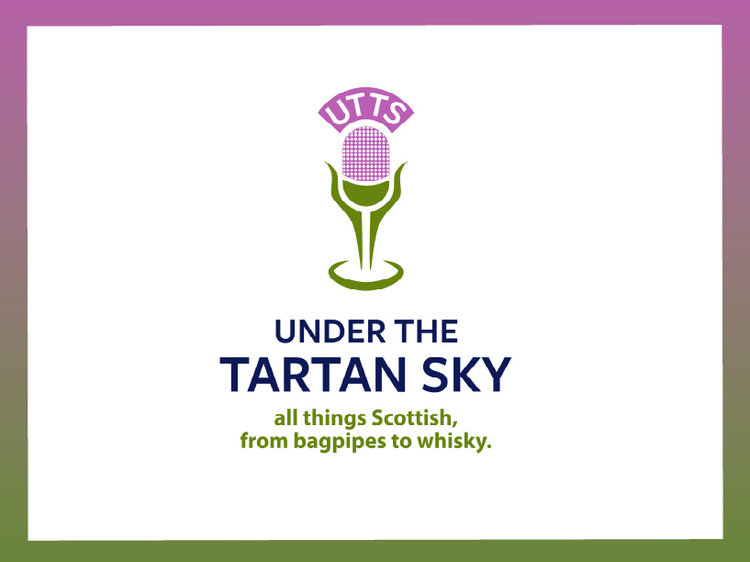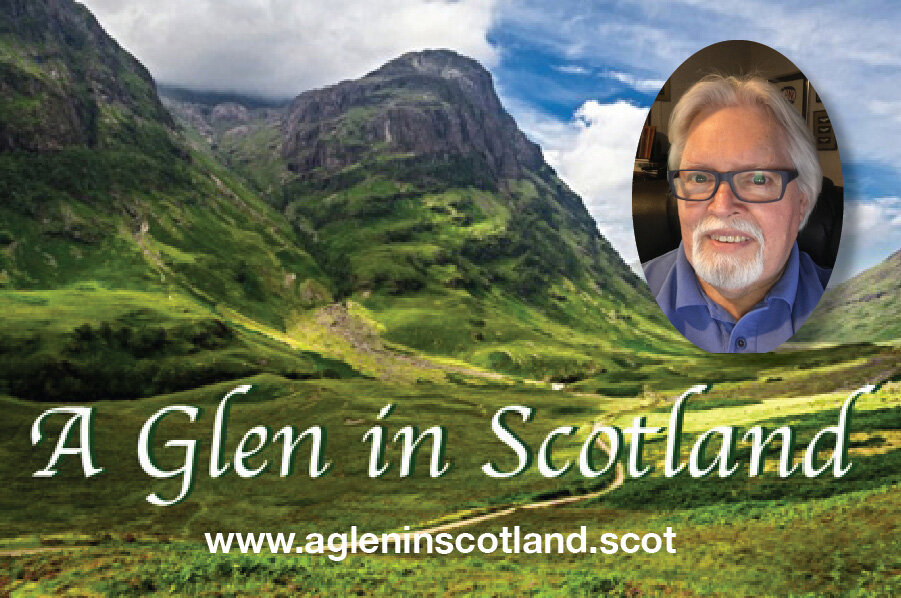These days we hear a lot about branding – but what is a brand? Growing up in Texas my first understanding of the word was in association with cattle ranching, where cattle were branded – marked with a hot iron – to identify their ownership. In pure form a brand is the name given to a product or service from a specific source. Coca-Cola is a caramel colored soft drink from Atlanta, Georgia -different from a Dr. Pepper, a caramel colored soft drink from Waco, Texas.
Today though the word brand has taken on a new meaning – this happened when marketers began to realize a brand was more than a brand name. A brand is the combination of the product name AND the perception of that product’s qualities and attributes. The name Scotland or Scottish, when applied as a brand, is synonymous with premium quality when it comes to many products - Scotch whisky, Scottish beef, even shortbread, to name only a few. But Scotland - the brand - is under fire. As the UK considers life post-Brexit and the need to establish new trade agreements, many products of Scotland as well as England and Wales are now being “branded” and marketed as “British”, even emblazoned (in come cases) with a Union Jack.
Instances like this where retailers have taken produce clearly grown in Scotland and marked them “British” have sparked outcry on social media and gave birth to the #KeepScotlandtheBrand campaign.
Enter Ruth Watson. Watson is former journalist and broadcaster who worked on Orkney and Shetland, before moving to work on the BBC News and Current Affairs programs “Speaking Out and “Night Moves.” Having also lived overseas in Malaysia and Australia, she was keenly aware of the value of Scotland “the brand” by people around the world. Imagine her horror when passing through an airport in Australia to return to Scotland she came upon a product labeled “The Great British Haggis” wrapped in packaging that included images of the London Eye and Big Ben! After returning to Scotland, only to be confronted by carrots she knew to have been grown within sight of her home marked as “British,” she decided to take action and founded the #KeepScotlandtheBrand campaign.
According to the campaign’s website… “Scotland’s name is synonymous with a premium quality product, recognised the world over. If we lose that brand recognition we lose tourists, we lose market share, we lose revenue, our economy will suffer. Our rural communities will be hit, hard.”
As a result of this perceived economic damage, Watson urges supporters to challenge markets when they see mislabeled products by taking a photo (like the one above) and posting it to social media. More recently, though not her idea, the campaign now suggests consumers send the packaging back to the supermarket’s customer service department with a polite letter explaining their objection to the mis-labeling. Watson says it’s important to remember that often those in the markets are supportive of the campaign.
One measure of the success of the campaign to date came when Watson was invited to give testimony before a select committee at Westminster
A critical point of emphasis for Watson is that the campaign not become political. She notes that regardless of political beliefs or differences, we all have to eat. Likewise she insists it is not a boycott campaign. Again from the website… “This is not a boycott campaign. It is a positive initiative which encourages consumers to stand up for Scotland’s farmers, fishermen, our food and drink industry; asking supermarkets and retailers to support the clear identity of Scotland’s produce, not subsume our goods under one homogeneous Brand Britain. We should remember, loss of brand identity is an issue for farmers and producers in Wales, Northern Ireland, and England too.”
Watson points out that boycotting a product ultimately only hurts the farmer or other producer who often has no say in the packaging’s branding. She encourages consumers to buy the British labeled carrots or strawberries or butter, etc. if they wish, or if pricing and budget demands, but then to make their concern known to the retailer.
Badge design ©Bonny Badge Company
Finally Watson says of the campaign, “This isn’t about adding Saltires where none were before or demanding flags are waved: it’s about ensuring items produced in Scotland are clearly presented as Scottish, both at home and in other nations. The supermarkets also could think about supporting the provenance of food and drink from elsewhere too: Welsh, Northern Irish, and English farmers are keen not to lose their brand identity either!”
For more information:
•#KeepScotlandtheBrand (website)






